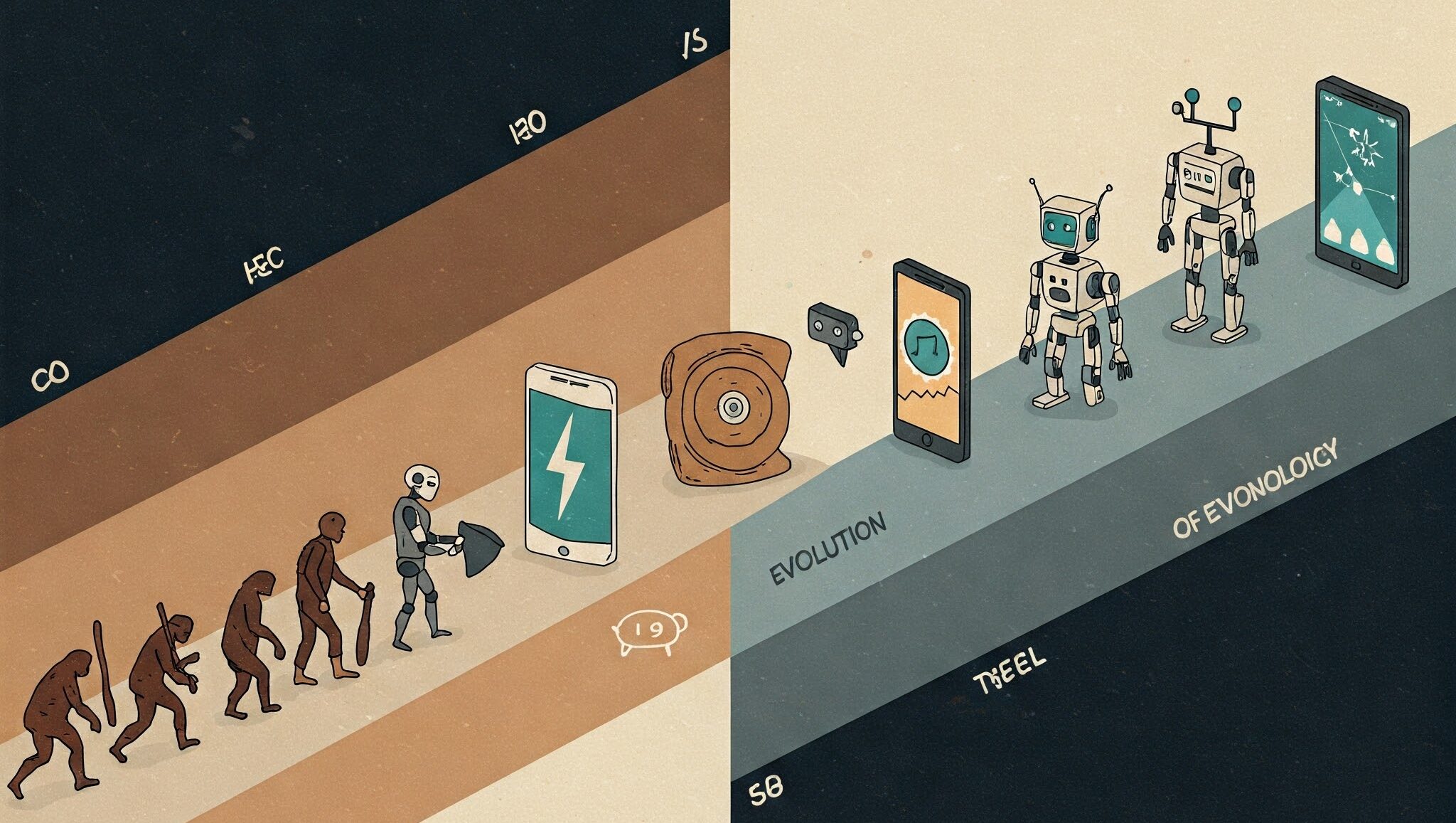Let’s face it: it’s time to stop using the word “revolution” when we talk about technology.
The only revolution is the “digital revolution,” which represents the shift from analog to digital mechanical and electronic technology that began in the industrialized countries of the world during the late 1950s and has continued to the present day in various historical stages within the so-called third and fourth industrial revolutions. In fact, in English it is called the “Information Age“.
I’m convinced that there’s one word we really should set aside in our way of talking about technology: “revolution.” A mistake I’ve made myself, too often. Every time I hear about new technology, there’s always someone who jumps up saying that we’re living, or will live, a “revolution.” This word has become a catchphrase for technology enthusiasts, often used to create a wave of excitement.
But it is not only for individual technologies that we hear this word. Even for a technology shift or use of specific technologies and decision-making processes seem to take a back seat. The important thing is to make us believe that this “revolution” is the solution to all our problems.
I understand the needs of those who have a product or idea to sell use emotions. They are enthusiastic and want to project us into the future. But I don’t understand why journalists, politicians and others keep repeating these advertising slogans. Those who are excited about a new technology can easily say, “It’s the future, let’s seize it!”
The word “revolution” is an illusion, making us believe that technologies can change the world on their own, without the contribution of others Some technologies or new materials might actually improve the way we travel, work or interact, or face new challenges. “Technological revolutions” are also social, economic and cultural revolutions. Many factors, from social norms to power structures, influence how a technology changes our lives. Ignoring these contexts is dangerous. This is a reflection made while comparing the Industrial Revolution and the changes taking place today. Even during the Industrial Revolution, many people opposed, did not accept change, even did so against the machines that replaced horses.

It is interesting to note that, the economic historian Arnold Toynbee, who coined the term “industrial revolution,” was born 12 years after the first industrial revolution began, important aspect is that the industrial revolutions of the past were not planned or defined as such in advance.
Another interesting example to note is the evolution of today´s work machines, such as Cars which are a natural evolution of the horse-drawn wagon in which parts have been replaced by mechanics, but they still remain wagons pulled by “horses.” Or washing machines, visiting a museum you can clearly see how engineers observing manual labor have tried over time to replace it in mechanical labor, with definite steps. It is very interesting to see that the “cultural” names remain similar.
So we are never or hardly ever talking about “revolution” but important “evolution,” and perhaps that is the best description to describe technological change. Recognizing the “politics of technology”: technology decisions affect power and resources.
